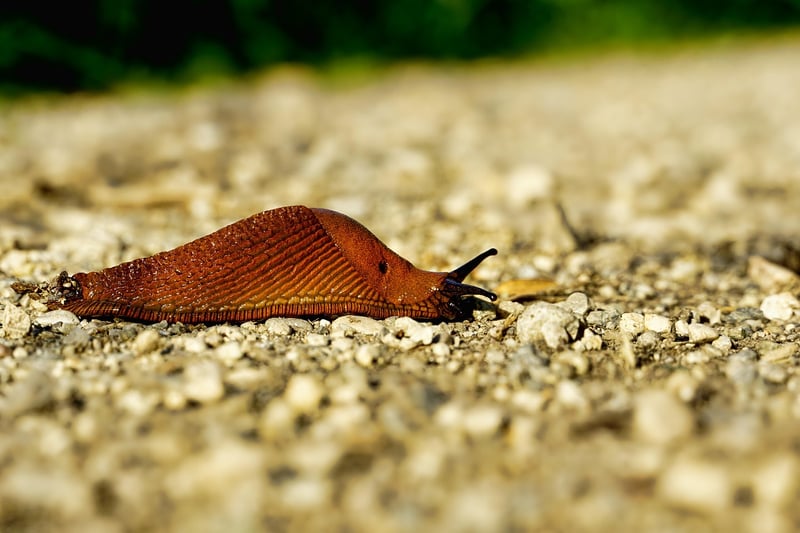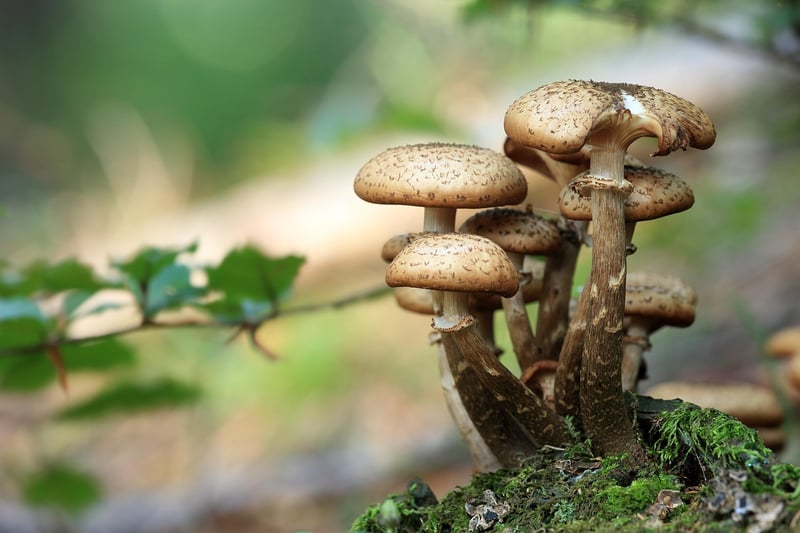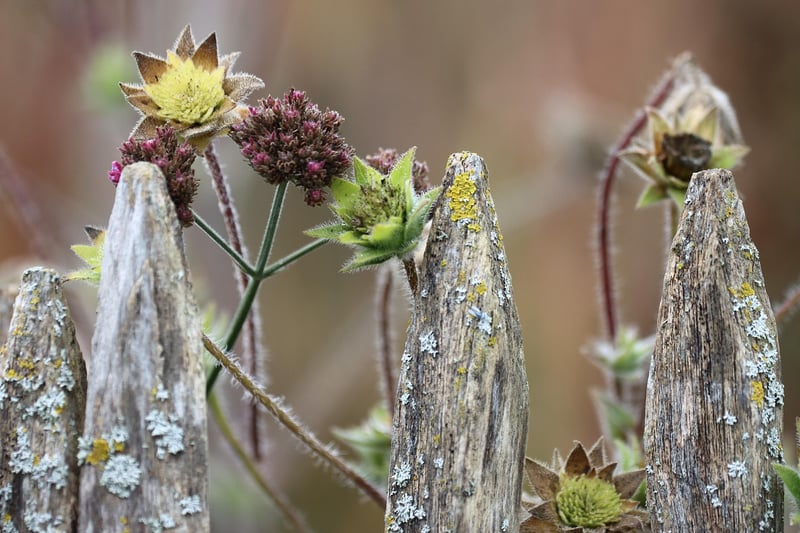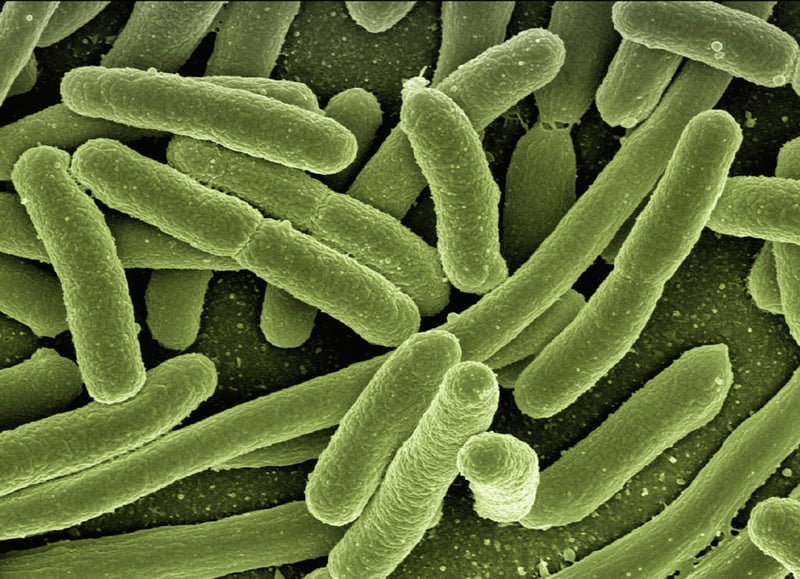Disease Management
Dealing with Urban Garden Pests and Disease Management
Introduction
Urban gardening is a rewarding activity that allows you to grow your own produce in a limited space. However, dealing with pests and diseases is a common challenge faced by urban gardeners. In this article, we will explore effective strategies for managing pests and diseases in your urban garden.
Identifying Common Pests
Before you can effectively manage pests in your urban garden, it is essential to identify the common culprits. Some common pests that may plague your garden include aphids, caterpillars, snails, and slugs. These pests can cause damage to your plants if left unchecked.
Preventative Measures
- Encourage biodiversity in your garden to attract beneficial insects that prey on garden pests.
- Regularly inspect your plants for signs of pest infestation, such as holes in leaves or chewed stems.
- Use physical barriers like row covers to protect your plants from pests.
Natural Pest Control Methods
Instead of reaching for chemical pesticides, consider using natural pest control methods that are safer for the environment and your health.
- Introduce beneficial insects like ladybugs and lacewings to eat garden pests.
- Spray a mixture of water and insecticidal soap to deter pests like aphids.
- Plant companion plants that repel pests, such as marigolds to deter nematodes.
Managing Garden Diseases
Garden diseases can quickly spread and devastate your plants if not properly managed. Common garden diseases include powdery mildew, blight, and root rot.
Disease Prevention
- Avoid overhead watering, which can promote the spread of fungal diseases.
- Rotate your crops to prevent the buildup of soil-borne pathogens.
- Keep your garden clean by removing debris and dead plant material.
Disease Treatment
If you notice signs of disease in your plants, take immediate action to prevent further spread.
- Prune infected plant parts to prevent the disease from spreading.
- Apply organic fungicides like neem oil to control fungal diseases.
- Improve soil drainage to prevent root rot in your plants.
Conclusion
By implementing preventative measures, using natural pest control methods, and practicing good garden hygiene, you can effectively manage pests and diseases in your urban garden. Remember to stay vigilant and address issues promptly to ensure a healthy and thriving garden.


 Learn more about common garden diseases and their prevention.
Learn more about common garden diseases and their prevention.
